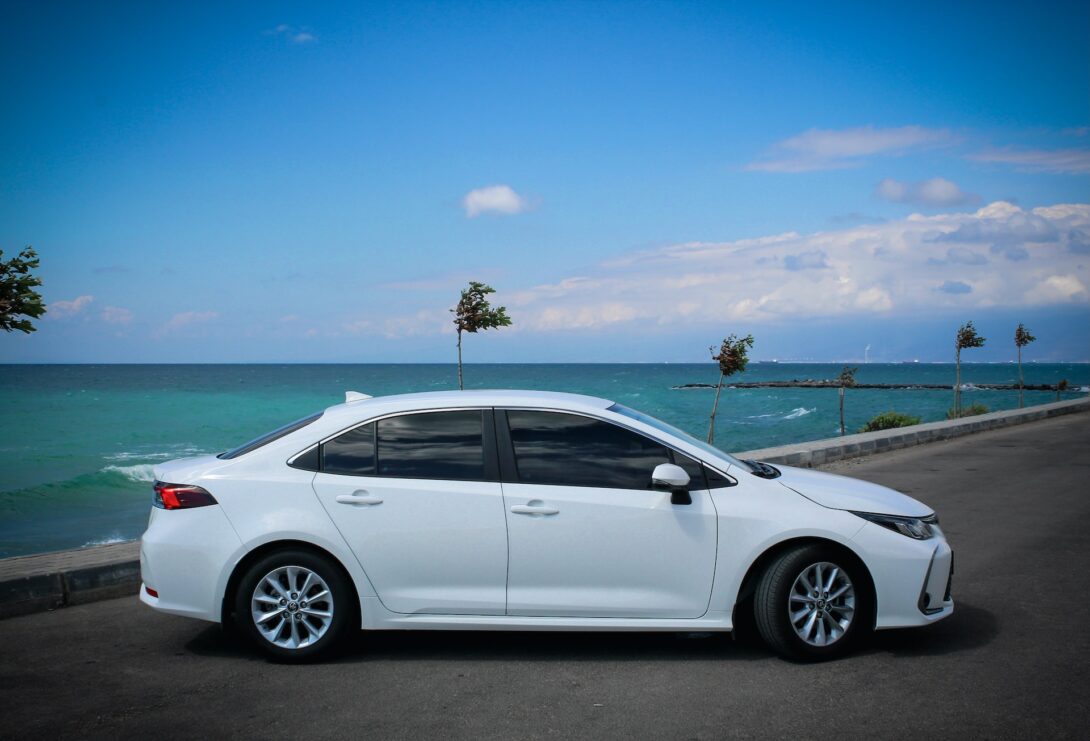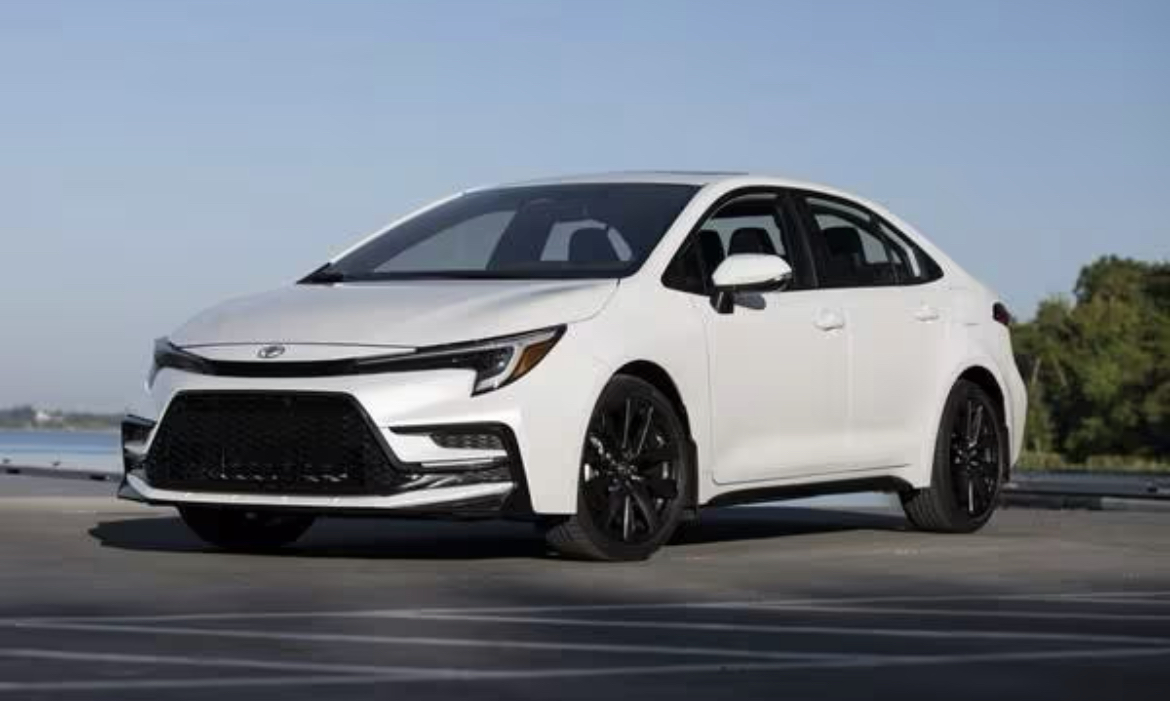The Toyota Corolla has been a popular choice among car enthusiasts for many years. One of the key factors that car buyers often consider is fuel efficiency. So, let’s dive into the miles per gallon (MPG) that the Toyota Corolla has offered over the years from 1966 to 2023.
The Early Days (1966-1980)
When the first-generation Toyota Corolla hit the market in 1966, it wasn’t as fuel-efficient as modern cars. Back then, it could manage around 25 MPG on average. As the years rolled on and the Corolla evolved, it did improve its fuel efficiency a bit. By the end of the ’70s, some models could reach around 30 MPG, which was considered quite decent for that era.
The Fuel Crisis and a Turning Point (1981-1990)
The 1980s brought significant changes to the automobile industry due to the fuel crisis. As a response to the increasing demand for fuel efficiency, Toyota made some noteworthy adjustments to the Corolla. The third generation, introduced in 1984, saw improvements in its MPG, offering around 35 MPG on highways. People appreciated the car’s affordability and economy at the pump.
Striving for Better (1991-2000)
Entering the ’90s, Toyota continued its efforts to enhance the Corolla’s fuel efficiency. The fifth-generation Corolla introduced in 1991 reached an impressive 38 MPG on highways, attracting even more buyers looking for fuel-saving options.
The New Millennium (2001-2010)
As technology advanced, so did the Toyota Corolla’s fuel economy. The eighth-generation Corolla, launched in 2000, touched a remarkable 40 MPG on highways. This was a significant milestone for the Corolla, making it a popular choice for environmentally-conscious drivers and those who wanted to save some bucks on gas.

Striking a Balance (2011-2023)
With increasing awareness about the environment, car manufacturers faced mounting pressure to deliver greener and more fuel-efficient vehicles. The eleventh-generation Corolla, which came out in 2013, managed to maintain a respectable 37-40 MPG on highways. This was a testament to Toyota’s commitment to striking a balance between performance and fuel efficiency.
The Hybrid Option
In more recent years, Toyota introduced hybrid versions of the Corolla, such as the Corolla Hybrid. These models offered even better fuel economy by combining a gasoline engine with an electric motor. The hybrid variants of the Corolla could achieve up to an impressive 52 MPG on highways, making them a top choice for those who prioritized fuel efficiency above all else.
Conclusion
From its humble beginnings in the 1960s to the technologically advanced models of today, the Toyota Corolla has steadily improved its fuel efficiency over the years. It has adapted to changing times and consumer demands, offering an array of options that cater to different needs.
As we move forward, we can expect car manufacturers, including Toyota, to continue striving for even greater fuel efficiency and environmental friendliness in their vehicles. The Toyota Corolla’s journey over the decades serves as a testament to the automotive industry’s commitment to sustainability and a greener future.
